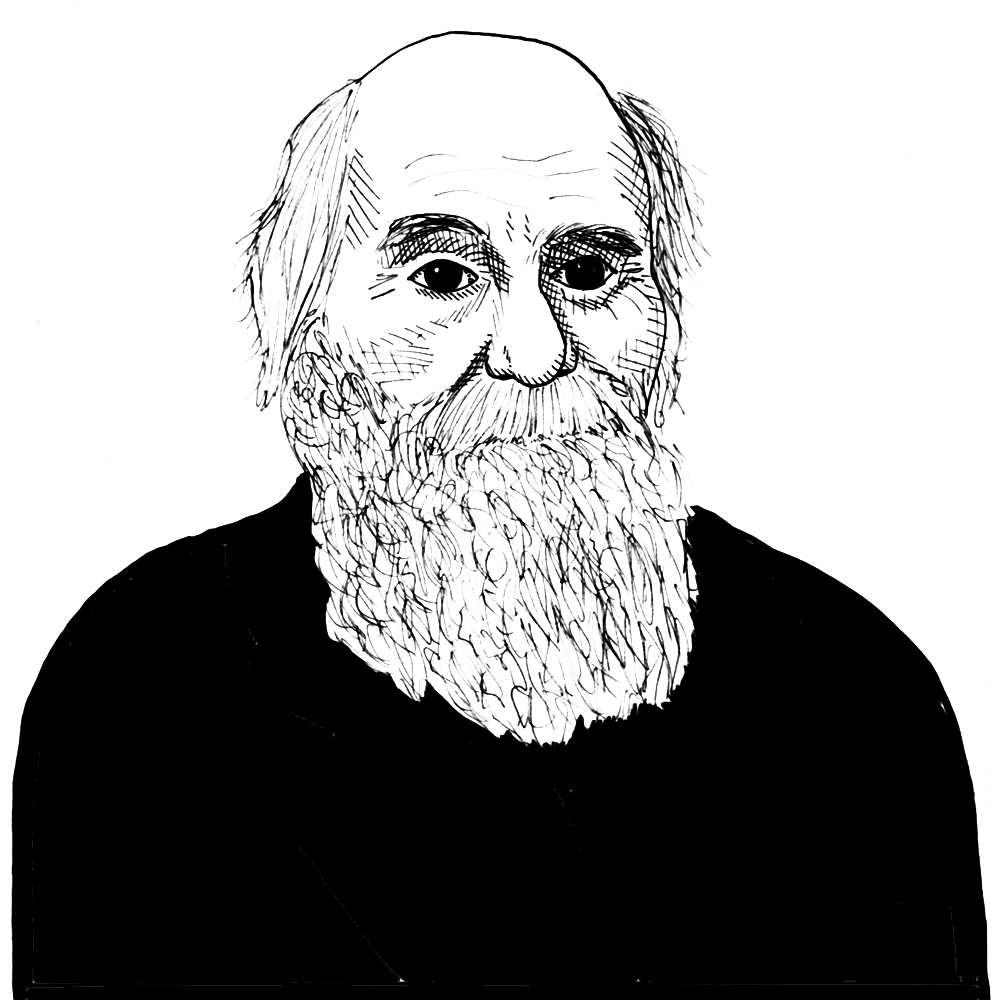
Charles Darwin on life as a spontaneous order which emerged by the operation of natural laws (1859)
Found in: The Origin of Species vol. 2
Charles Darwin (1809-1882) concludes The Origin of Species (1859) by marvelling at the “grandeur” and complexity of the life which has evolved as a spontaneous order through the operation of natural laws:
Science
It is interesting to contemplate a tangled bank, clothed with many plants of many kinds, with birds singing on the bushes, with various insects flitting about, and with worms crawling through the damp earth, and to reflect that these elaborately constructed forms, so different from each other, and dependent upon each other in so complex a manner, have all been produced by laws acting around us… Thus, from the war of nature, from famine and death, the most exalted object which we are capable of conceiving, namely, the production of the higher animals, directly follows. There is grandeur in this view of life, with its several powers, having been originally breathed by the Creator into a few forms or into one; and that, whilst this planet has gone cycling on according to the fixed law of gravity, from so simple a beginning endless forms most beautiful and most wonderful have been, and are being evolved.